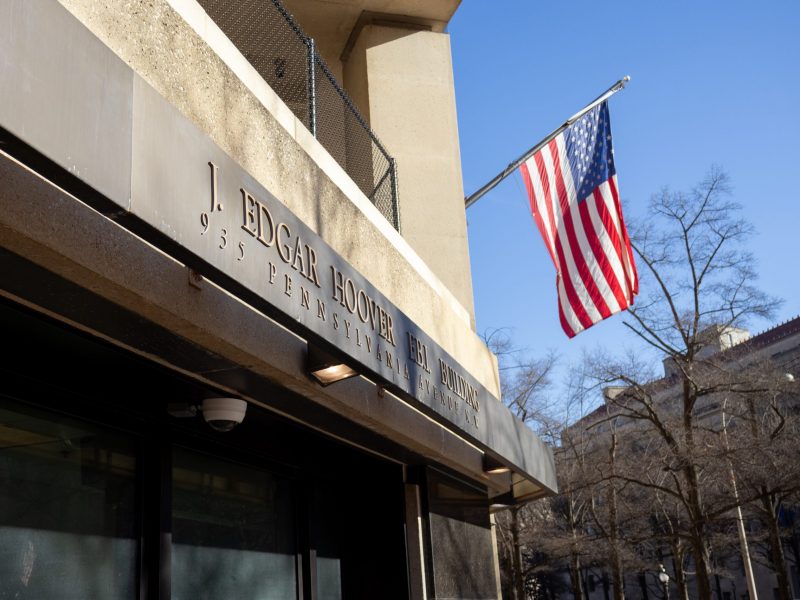A statewide survey of transgender Marylanders found that more than half of respondents received threats of violence and about 30 percent delayed or avoided medical treatment due to concerns of gender-related discrimination, according to findings released last month.
The 2023 study — conducted by the Queer-Trans Collective for Research on Equity & Wellness and Trans Maryland — asked trans residents about discrimination, healthcare, employment and experiences with legal institutions in the state.
The survey had 750 trans participants, which included respondents from every county and Baltimore City.
M Pease, a counseling psychology doctoral student at the University of Maryland, helped conduct the survey and acknowledged the steps the state has taken to protect the LGBTQ+ community.
“At the same time, we’re hearing from community members that that doesn’t always translate to improvements in the lived conditions for everyone,” Pease said.
[Here’s a look at the bills Maryland legislators passed this session]
The recently-passed Maryland General Assembly bill that legally protects gender-affirming healthcare treatment will aid trans residents, Pease said, but legislation alone isn’t enough to fix the issue. There needs to be de-stigmatization of trans communities, they said.
The legislation, sponsored by Sen. Clarence Lam (D-Anne Arundel and Howard), passed on April 4. It will protect the records of people who receive gender-affirming treatment from being subpoenaed and prevent Marylanders from being extradited to other states for receiving treatment.
In a February hearing for the bill, Lam said the legislation will “ensure that patients and providers of legal gender-affirming care are free from out-of-state attack and harassment.”
The core issues of the bill were addressed in the 2023 legislative session, Lam said during the hearing.
Lam’s legislation combines issues addressed in two bills passed last year, which expanded Medicaid coverage for gender-affirming treatment and protect medical information from out-of-state entities, he said.
The Trans Rights Advocacy Coalition, an organization advocating for trans Marylanders, supported the bill during its journey through the General Assembly.
[Maryland legislators pass bill to aid recovery in Baltimore after bridge collapse]
Maya Holliday, who co-leads the coalition, said the legislation is big step for Maryland.
“It’s definitely not the last [step],” Holliday said. “There’s a lot more to be done, especially as things get scarier and scarier in other places.”
Other issues facing trans communities include employment, housing and concerns with the criminal justice system, Holliday said.
Sen. Jeff Waldstreicher (D-Montgomery), a sponsor of the bill to legally protect gender-affirming care, said some states are becoming more restrictive of the right to bodily autonomy. But Maryland is headed in the right direction, he said.
“We’re protecting the right to choose,” Waldstreicher told The Diamondback. “We’re not telling anyone who they can and cannot love. And we’re telling transgender Marylanders that they are welcome to be themselves here in the state.”



